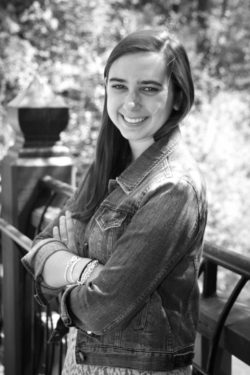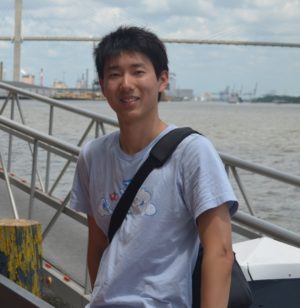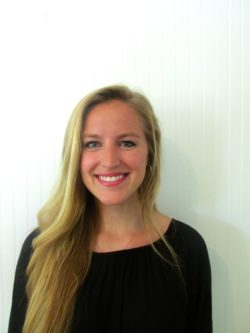Coding the Human Spirit: Medicine and Genomics
Genomics has been having a field day with the press for the past couple years, and rightly so. New advances in the study of our genome have provided us with not just more information than we currently know what to do with, but also with new tools whose potential for the future seem to reach into the realms of science fiction. The possibilities and consequences of these new discoveries, from designer drugs to designer babies, has …





